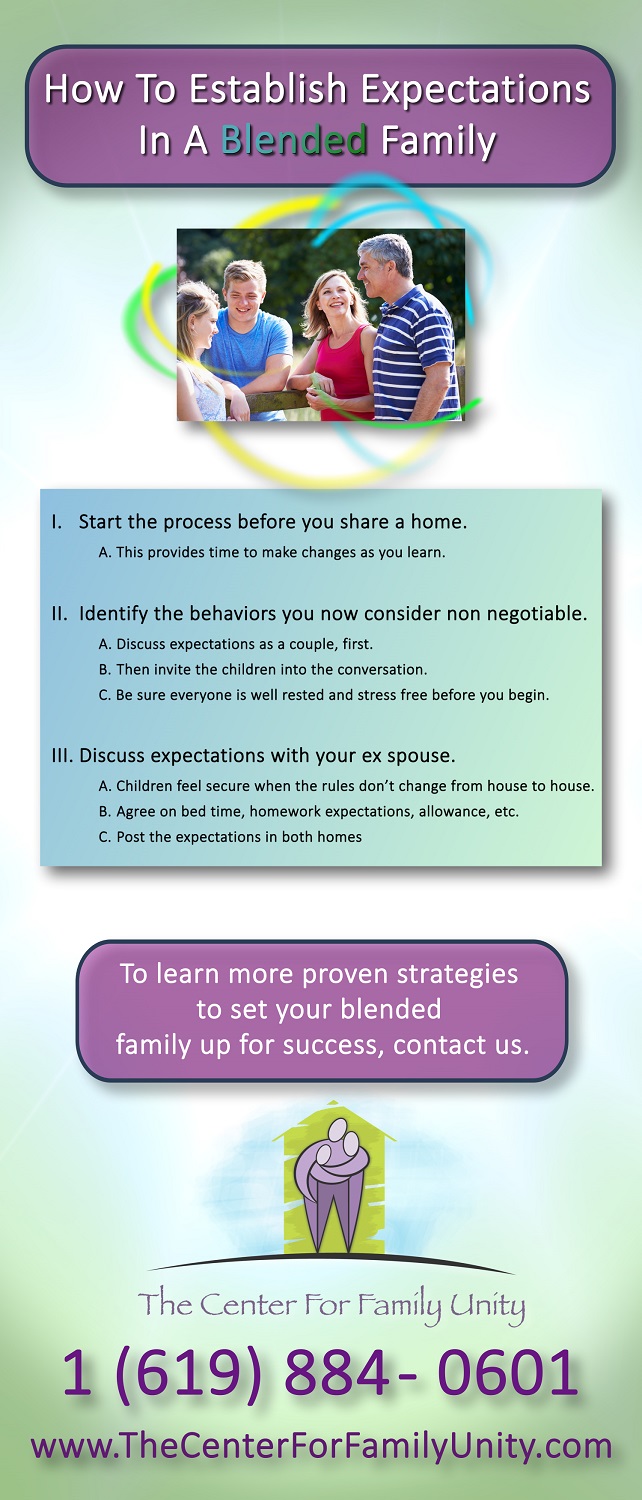by admin | Jun 13, 2015 | Marriage Counseling
Tanya felt like she couldn’t breathe when John told her he’d been having an affair. She was shocked, sad, and angry—all at the same time. The details of the affair exploded like a mine field in the deepest part of her heart. John couldn’t get the words out fast enough—telling her how keeping the affair a secret had eaten away at him—and how the guilt kept him up at night. He promised her it was over, and that the other woman meant nothing to him. He wanted to unburden himself and clear his conscious. He said he couldn’t carry the guilt for even one more day. John begged Tanya to forgive him, telling her he desperately wished it had never happened. Tanya could do nothing other than stare at him—in shock and disbelief.
When an affair is revealed, spouses are in very different places emotionally. The person confessing is often anxious to put an end to the guilt they have been carrying. Confessing often gives them a sense of relief and a belief the guilt will subside. There may be truth to them saying the affair is over and that it meant nothing to them. In the course of confessing, they will likely desperately beg for forgiveness and the opportunity to rebuild their marriage.
The spouse that has been betrayed often struggles to process the details of the affair—it’s too much, too fast. It is heart-crushing to learn the person you trusted most in your life has betrayed you. There is a long list of questions. Who was the other lover? When did it start? Why did it start? How could this happen? It’s deeply confusing— especially for those that believed they were happily married. You may love your spouse deeply. In fact, you may have darling children, even another on the way when you receive this devastating news. What now?
Can Your Marriage Be Saved?
It is possible for your marriage to be saved, when both of you are committed to the hard work of repairing what has been broken. There needs to be an understanding of what led to the decision to have an affair to begin with and the realization of the depth of destruction the affair has caused. The ability to forgive will be central to the healing of both parties. Forgiveness of the affair may not restore trust—as trust is earned with the currency of trustworthy behavior over time. You may choose, as a couple, to work diligently to save your marriage, or one of you may want to fight for the marriage when the other wants to give up. Some may choose to save the marriage for the sake of the children, finances, or simply because they vowed, “until death do us part.”
Regardless of your circumstances, the counselors at The Center for Family Unity can provide support in working through the painful aftermath that follows the confession of an affair, and the decisions that follow. If you would like to learn to forgive the seemingly unforgivable, read our blog post The Truth About Forgiveness and schedule an appointment with our affair repair therapists.
by admin | Jun 13, 2015 | Marriage Counseling

10 Great Free Date Ideas
- Have a candlelit picnic in your backyard.
- Take a moonlit stroll in the mountains.
- Watch the sunset at the beach.
- Have a squirt gun fight.
- Read a book together.
- Challenge each other to a board game.
- Dance in the living room to your song.
- Play 20 questions.
- Cook a meal together.
- Reminisce as your browse through old photos and videos.
Eager to spice up your marriage a bit more? The Center For Family Unity can help.
by admin | Jun 13, 2015 | Family Counseling
Kristen’s kids – ages 7, 9, and 11 – were driving her nuts with their constant bickering. She had a work deadline she had to meet, and every few minutes one of her kids was in her home office, complaining about what the other was doing. Kristen often told the kids to “knock it off;” however, that only stopped the racket for a few minutes. Even if they weren’t in the same room, the loud arguments and constant interruptions made it next to impossible for Kristen to focus on meeting her deadline.
Kristen was tired—tired of the bickering and tired of the interruptions. She found herself counting the minutes until her husband got home because his arrival allowed for her departure—to her office outside of their home. She needed uninterrupted time to finish her project and couldn’t play referee any longer. It was exhausting constantly ordering the kids to stop fighting, implementing consequences and facilitating forgiveness. She just needed to get away.
Why Kids Tattle
Kristen’s not alone. Her complaint is one of the most common complaints mothers share. Fortunately for all weary moms, much has been learned about bickering and sibling rivalry that can change the situation. Kids often involve parents in their battles, in part because they want time with their parents. Sometimes they do so because they want their sibling to be punished. While it may seem like jumping in to settle an argument is the best way to end it, parental involvement often drags the process on and robs children of learning conflict resolution skills.
Six Steps to Silencing Sibling Rivalry
- Tell your kids you have quit your job as referee and that means they will have to settle their own arguments moving forward.
- Identify an “argument room” in your home—preferably in a room that’s far away from you.
- The next time they bicker and argue:
- Lead them to the “argument room.”
- Insist they may not leave the “argument room” until the argument is over.
- LEAVE THE ARGUMENT ROOM IMMEDIATELY so the kids don’t have an This step alone often ends the arguments. Arguing without an audience is…boring.
- Avoid insisting they apologize and hug when the argument is over.
- Let them develop the skill to end an argument without your intervention.
- Set aside 15 minutes of alone time with each child each day. Be faithful.
- Establish rules for healthy disagreements and post them in the argument room.
- No hitting
- No screaming
- No use of foul language
- No verbal assaults
- No destruction of personal property
- Inform kids the “Tattle Tale Office” is permanently closed. Explain you no longer take tattle tale reports. Have the kids make a sign for the office that says “closed,” and post the sign. Explain if any of them come to tattle in the future, all of them, regardless of if they are guilty or innocent will be disciplined.
Know in advance kids will test these changes; they’re used to your involvement and will try to make it so you remain involved. Give them your very best response as a parent. Stay out of their way and allow them to learn how to resolve conflict without you. They will need the skill as adults.
Are the tattletales exhausting you? Family therapists at The Center for Family Unity specialize in counseling children. We can assist you in developing a plan that restores your home to the sanctuary it was designed to be. For a free 20 minute teletherapy session, contact us online, or call us at 619-884-0601.
by admin | Jun 13, 2015 | Family Counseling

How To Establish Expectations In A Blended Family
- Start the process before you share a home.
- This provides time to make changes as you learn.
- Identify the behaviors you now consider non negotiable.
- Discuss expectations as a couple, first.
- Then invite the children into the conversation.
- Be sure everyone is well rested and stress free before you begin.
- Discuss expectations with your ex-spouse.
- Children feel secure when the rules don’t change from house to house.
- Agree on bed time, homework expectations, allowance, etc.
- Post the expectations in both homes
To learn more proven strategies to set your blended family up for success, contact us.
by admin | Jun 13, 2015 | Christian Counseling
Do you ever feel like a failure in your faith when you think about how much you struggle with forgiveness? The Bible teaches us that Jesus died to forgive our sins and that we should forgive others just as He has forgiven us. However, that’s often easier said than done. Forgiving is hard—especially when the offender has failed to apologize or the pain they caused runs deep. Hosea 4:6 says “My people are destroyed for lack of knowledge.” Let’s examine the truth about forgiveness.
First let’s look at what scripture says about forgiveness. We are to forgive 70 x 7 (Matt.18:21-35), and be quick about it, not letting the sun go down on our anger (Eph. 4:26). The message is clear. God intends for us to sleep well, and never spend a night tossing and turning in anger as we relive past hurts. God knows clinging to those old hurts is harmful to our body which He calls a temple. He also gave us the Lord’s Prayer as a model (Luke 11). Every time we say it, we ask that God will forgive us, the very same way we forgive others. What a scary thought! What a good reason to learn how to forgive others.
Now let’s look at what scripture does not say about forgiveness
Scripture does not say:
- That forgiving a person means what they did was right
- That forgiving a person means they won
- That forgiving a person requires them to apologize first or ask for forgiveness
- That forgiving a person minimizes the hurt they caused, or the gravity of the sin
- That the person must understand how they hurt you before they are forgiven
- That the person must be worthy of your forgiveness
- That we are commanded to trust or reconcile with the individual that hurt us. Trust is earned over the course of time, with the currency of trustworthy behavior.
One of Satan’s favorite weapons is convincing believers they cannot or should not forgive, because their hurt is too deep. This gives the evil one a foothold, in which he creates turmoil by replaying painful memories. This thought is a half-truth like so many of Satan’s lies. The truth is without God’s help, we are not good at forgiving others.
Just as it can be hard to forgive others, it can also be difficult to look at serious mistakes made in our own lives. People that have difficulty forgiving others, often have difficulty forgiving themselves, and accepting God’s forgiveness even with His promise to forgive us when we confess.
Forgiveness is a decision… an action we take to be in obedience to God’s plan for our lives. When we forgive, we release the individual that hurt us from any obligation. We abandon thoughts of vengeance, and leave that to the Lord. At that precise moment we are freed from the shackles of bitterness that bound us to the unrealistic hope of a better past, and we enter God’s peace in the present.
If you are struggling with the inability to forgive others or yourself, The Center for Family Unity can help you learn the truth of God’s word to live victoriously in Jesus Christ. Please get in touch with us so we can help you begin your healing journey.










